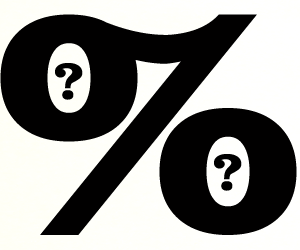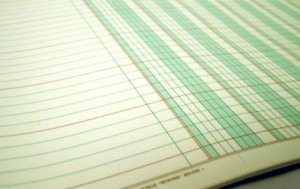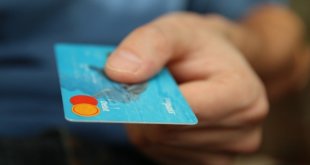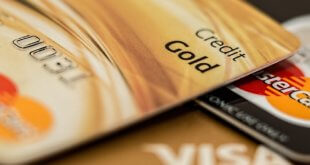10 Tips for Setting up a Usable Family Budget
Money comes and money goes. The problem is making sure to know how much is coming and where it is going. Following are some tips for setting up a usable family budget.
1. The Percentages
Experts recommend saving at least five percent of your income. You should also use 15 percent for debt. And finally, use only 25 percent or less for mortgage or rent.
2. Track Your Money
In today’s world of online banking, it’s not enough to know where your money is going on a week by week basis. You should know where it is going every day. If you track your money online, you’ll be able to know where your money is at any given moment. Checks can be a problem for keeping track of your money as it can take some time for someone to cash one of your checks. But that is where the next tip comes in handy.
3. Use a Written Ledger
Always keep a handwritten or typed ledger. Do not rely on your banks online tracking for exact balance information. Checks might not be cashed. Transfers might not be complete. Write down every purchase you make or bill you pay. And make sure that the transactions match when they go through the bank.
4. Know Your Necessary Expenses
Necessary expenses, or non-discretionary expenses, are those expenses that you have to pay. Rent would be a necessary expense. Electricity is a necessary expense. Water is a necessary expense. You get the idea. But amounts are not always set in stone. For instance, what if the house you are renting is out of your price range because it costs more than 25% of your income to rent it? Find a cheaper place. Your necessary rent of $1000 a month becomes $500 a month just by finding a new place to live. If after that you still find yourself in financial strife, you could always consider a company such as SET Financial to help you through it.
5. Know Your Unnecessary Expenses
Do you really need cable? Really? You could always just watch television online. Do you need to eat dessert every meal? These expenses are not necessary. That doesn’t mean you shouldn’t have them in your budget. A budget will help you determine if you can afford them and if you need to do something about the prices. For advice of how to cut back on unnecessary expenses, click here
6. Know Your Fixed Expenses
Fixed expenses are those that stay the same every time. Rent is a fixed expense. Cable is usually a fixed cost. A budget is much easier to handle if you know what expenses will always remain the same. There are many free budgeting tools available online that you can take advantage of.
7. Know Your Non-fixed Expenses
Non-fixed expenses change every month. A common problem with a budget is the electric bill. A couple will create a budget in the winter time. The electric bill has been much lower because heating a house is usually cheaper than cooling a house. When the summer hits, their budget gets messed up because they forgot the bill would go up.
8. Use Cash
Cash is a great way to curb spending habits. If you have budgeted $100 a month for going out to a restaurant, put that cash in an envelope. Pull cash from it every time you go out to eat. When you run out, stop going out to eat for that month. Once the cash has run out, you know to stop spending.
9. Set Realistic Goals
Anytime you limit yourself it is going to become hard to deal with. Don’t set goals that will cause you to stop following your budget altogether. For example, if you just can’t stand to be without a specific television show and can’t find any alternative way to view it, find a way to put cable into your budget. If you hate your budget, you won’t follow it.
10. Save and Pay Yourself
Finally, and most importantly, you must pay yourself. There are two ways of doing so. You can save money for later and spend some of the money on yourself. This includes the nest egg you plan on retiring with. What is the use of making money if you can’t spend at least a little bit on things that make you happy? Put some aside for a vacation. Buy a new board game you can play with your family. Do something fun.
 All The Frugal Ladies Personal finance with a feminine touch
All The Frugal Ladies Personal finance with a feminine touch











